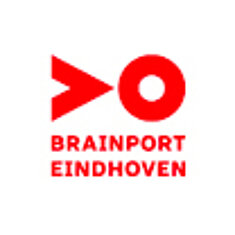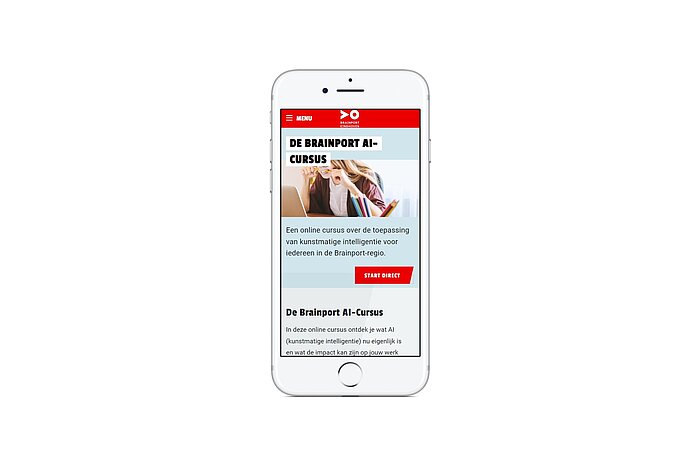How Artificial Intelligence makes for a greener environment
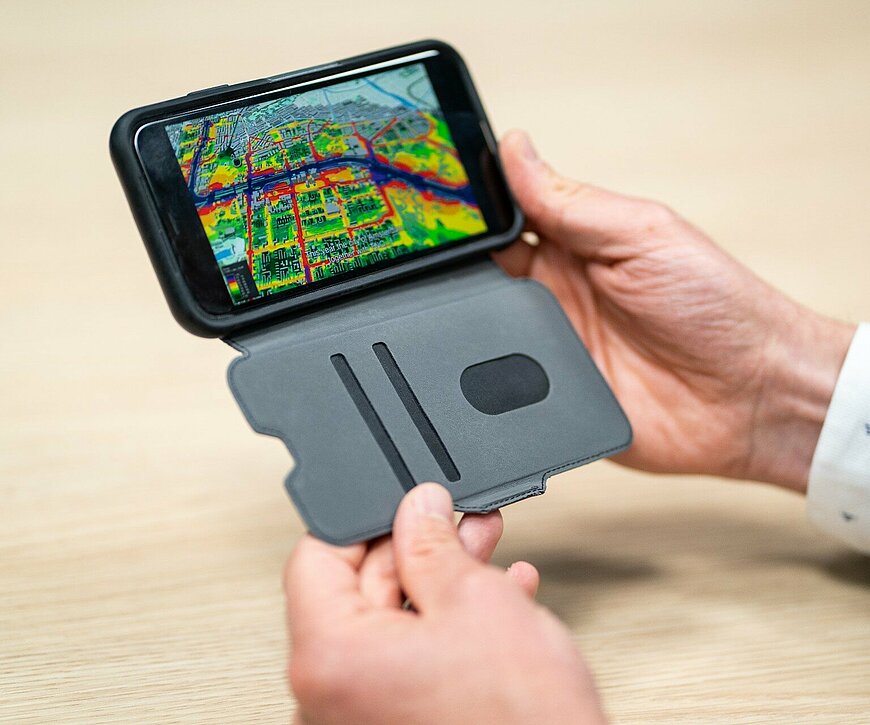
More space for greenery, pedestrians, playgrounds and socialising; the Dutch are united in their wishes for where they live. With Artificial Intelligence, these wishes may be realised faster than we currently think. Chris van der Valk of TNO gives an insight into how such a thing can happen.
"We often don't realise it, but our human brain has quite a few limitations. For instance, we have prejudices, we make thinking errors and often we consider ourselves smarter than others. We overestimate our ability to think, so we make wrong choices. Take climate change or species extinction. People once thought of cutting down forests en masse. We are now finding out that that was probably not such a good idea. Things are not going well, which are partly due to our limitations. Artificial Intelligence can help humans function better. We can use AI and the brainpower of computers, to improve and fix human limitations.
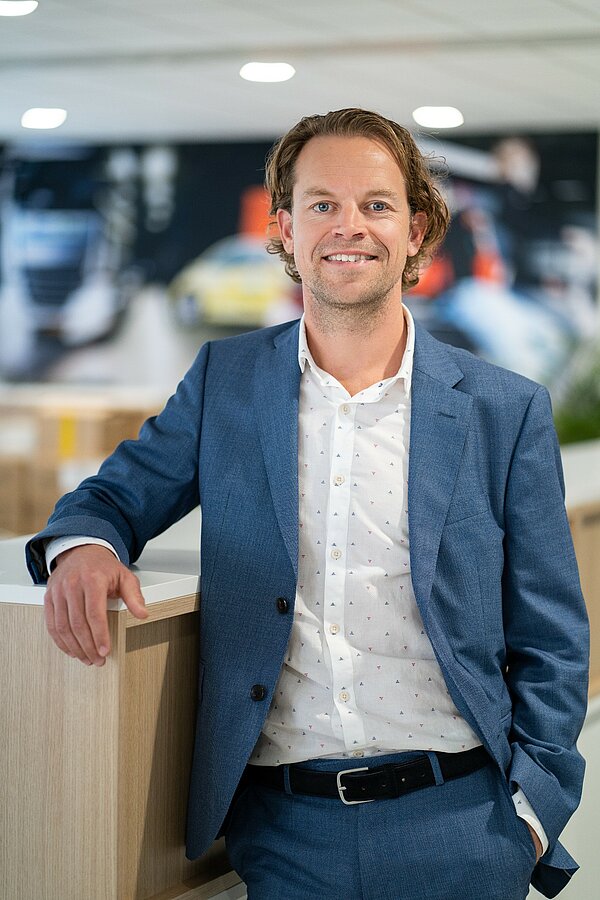
This is how important forecasting is
In the Netherlands, every street is full of parked cars. These cars stand idle and unused 95% of the time. Quite a waste of space right? We can give the space taken up by cars back to pedestrians, cyclists and put cleaner and safer ways of mobility in return. For example, by sharing cars and opting for smart, cheap and fast public transport.
Using Artificial Intelligence, we at TNO can predict what choice you make for your transportation from A to B. For this purpose, we train the AI model so that it predicts certain characteristics of your journey based on data. Those predictions teach us which principles people find important when choosing their means of transportation. Within that model, we can adjust. For example, suppose you increase parking fees, what effect does that have on the desired journey? We can use AI to make predictions and let the model itself indicate what it bases its choice on.
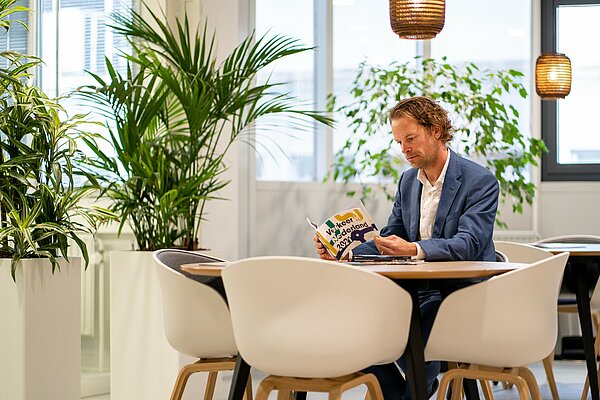
This innovation helps policymakers in cities or provinces, to make transportation accessible to all. So that residents' wishes in terms of mobility, liveability, safety, clean air or less traffic are central. Our tool can make a small contribution to making better decisions in the future."
